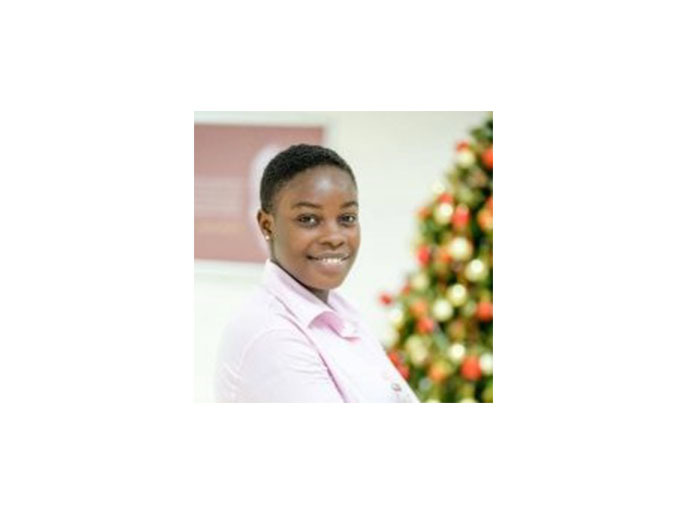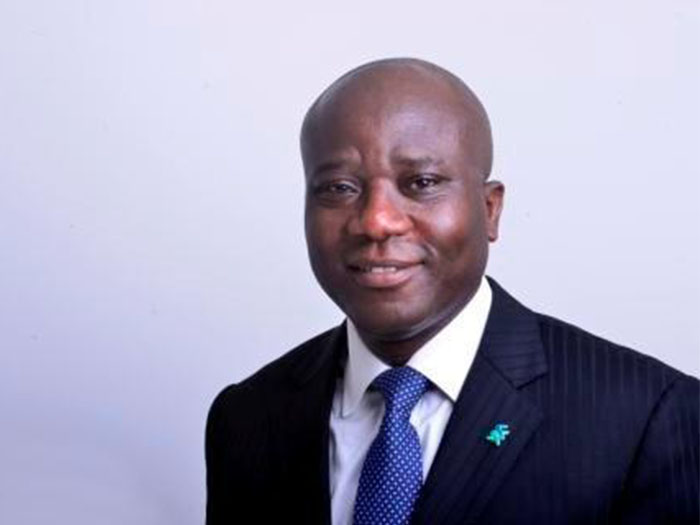An alumna of the University, Felicia Ansah, has been awarded a scholarship worth $120, 000 to pursue an MBA at the University of California, United States of America (USA).
Felicia competed with more than 300 Ghanaians and Nigerians in the TKC Africa MBA Tour to win the MBA scholarship sponsored by the University of California. She holds a Bachelor of Commerce from the University of Cape Coast School of Business. She qualified as a professional accountant at the age of 25 and is currently a member of the Institute of Chartered Accountants, Ghana.
Commenting on the award, Felicia said “I plan on becoming a Management Consultant. Once businesses continue to emerge, there would always be the need to manage their operations and returns. In this day where technology is trying to make robots take over human roles, they may never be able to deal with strategy development and operational improvement services. I want to get to the heights of helping businesses in areas they may not have the expertise for,” Felicia said in a TKC Africa profile post about her.”
Credit: tkcafrica.com


